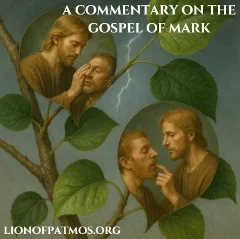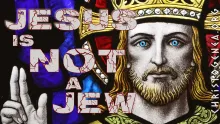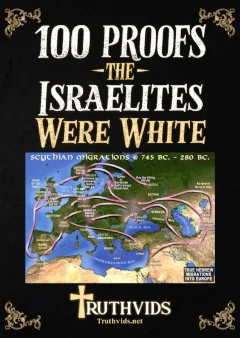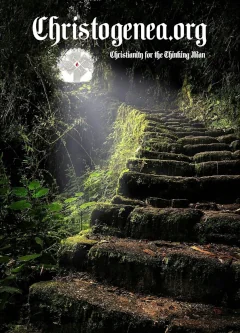Reckoning the Twelve (Mark 3:16-19)
One troublesome tradition of men, largely “Catholic” and “Orthodox”, but with various shades among the Protestant so-called churches as well, is that the apostles were supernaturally astute or even infallible. No true Christian thinks that way, of course, but old assumptions in how we view Scripture and history can still linger around unnoticed sometimes, even for those of us in Christian Identity.







